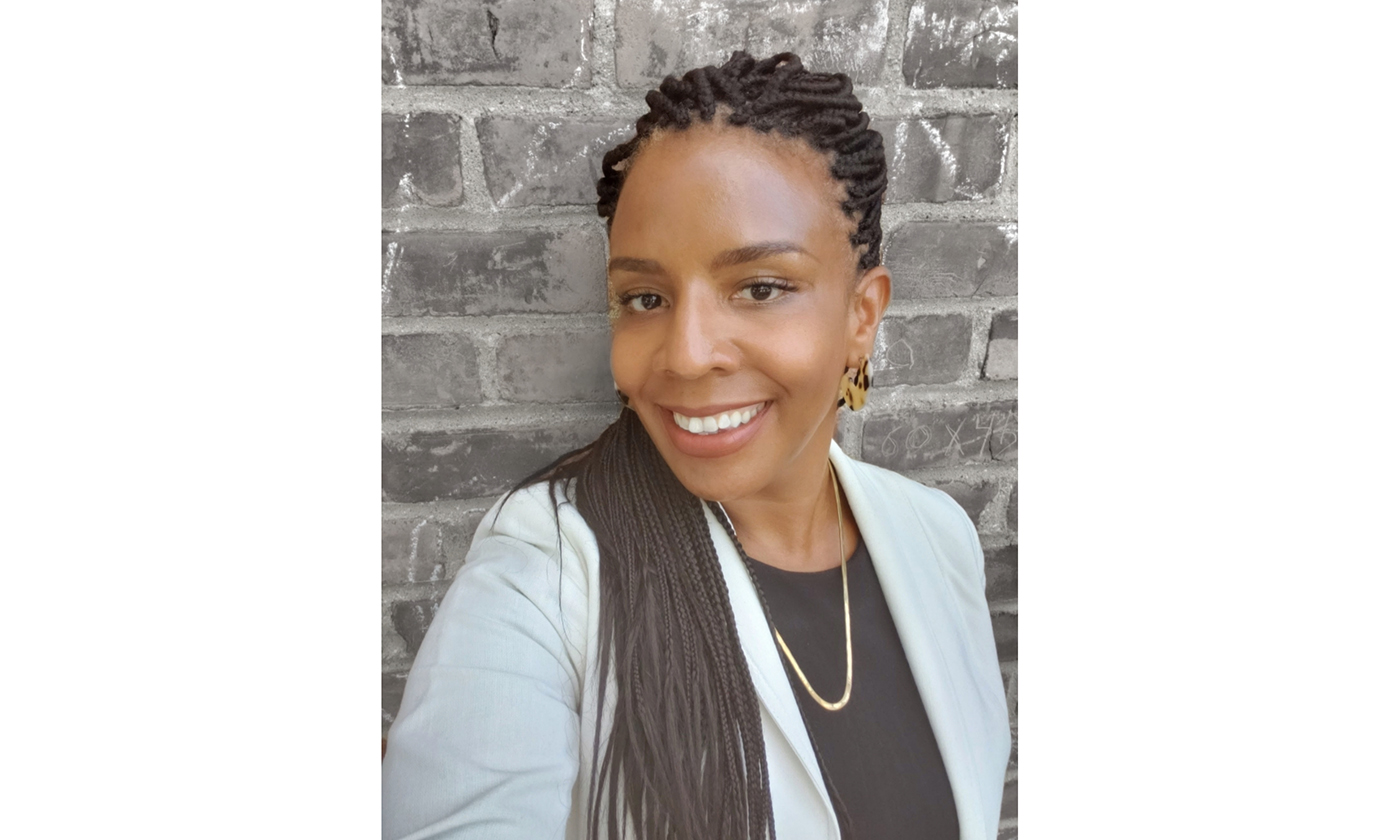In celebration of Women’s History Month, Pratt is sharing the stories of women who are making history today by organizing in their local communities. Follow the Q&A series on the Pratt.edu news page and the @PrattInstitute Instagram for updates throughout March.
Laurie A. Cumbo, who was a visiting assistant professor from fall 2001 to fall 2009 in the Arts and Cultural Management program at Pratt Institute, was appointed the majority leader for the New York City Council on January 11, 2018. She is the first Black woman to serve in this position and represents the 35th Council District, which includes the communities of Fort Greene, Clinton Hill, Prospect Heights, and parts of Crown Heights and Bedford-Stuyvesant. Before becoming a politician, she worked in the arts, contributing to the growth and development of Prospect Park, the Metropolitan Museum of Art, the High Museum of Art, Brooklyn Museum, and the Brooklyn Children’s Museum.
Why do you think creativity is important in political activism and community organizing?
Creativity is so important in political activism and community organizing. It is the reason I ran for office. It makes me so upset when creatives say they are not political or they are going to stay as far away from politics as they can or even worse, “No way would I ever even vote.” Creativity to me is how you can approach a challenge or come up with a solution or an idea in a way that breaks from the traditional norm of addressing an issue. Creativity asks the question, “How can I approach this issue in a different way?” Creativity is necessary to create change. I encourage more artists and creatives to run for office. I was the first in the City Council and I hope I have paved a way for many more.
Is there anything about your experience at Pratt that influences your work?
As a former adjunct professor at Pratt in the Arts and Cultural Management program, I recognize the incredible asset that adjunct professors provide to institutions of higher learning. As a member of the New York City Council Committee on Higher Education, I continue to speak out to make sure that adjunct professors are adequately compensated, have healthcare, a pathway to full-time tenure, and overall respect for their contributions to the field.
What advice would you give to someone who wants to get involved in politics or organizing in their communities?
Get involved! Now! And take time to learn, listen, learn some more, and listen some more. Learn about the history of the issue and the people who have been working on the issue and ask how they think you can get involved.
How does being a woman inform your work as an activist?
As a woman and a mom, my everyday lived experiences are informing the work that I care about. From making sure that daycare workers are paid a fair wage because my son’s teachers tell me how hard it is to make a living in New York, to having safe spaces to breastfeed, to fighting for pay equity for Black and Brown women, I legislate my personal experiences every single day.
